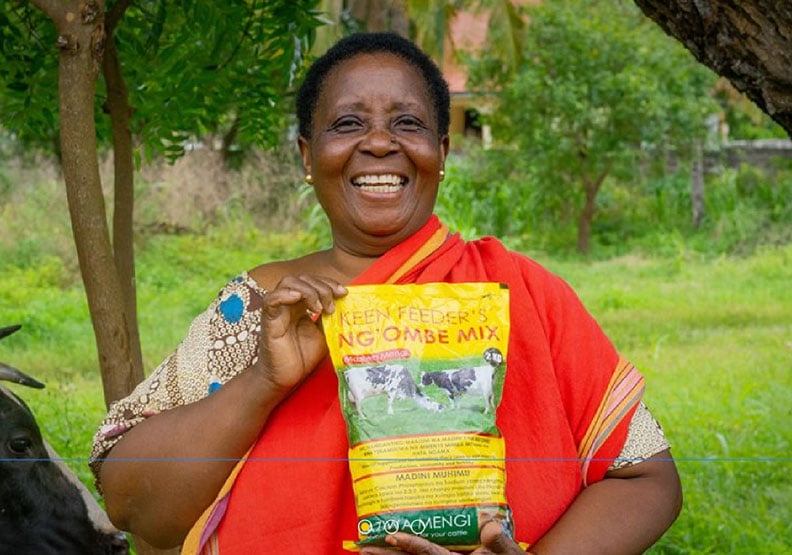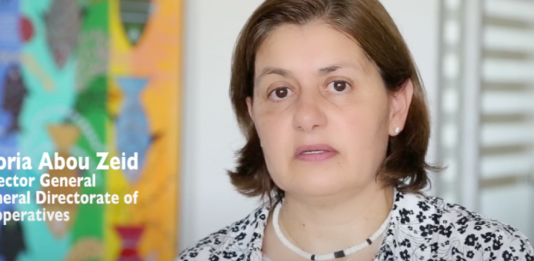One key sign of sustainability is the way that businesses that were involved in the competition have evolved their operations. Following each sales period, competitors received a prize for each bundle of high-quality inputs they delivered. This positioned them to grow over the course of the project, gradually reassessing their operations and improving their business practices. In particular, before the competition, these businesses typically lacked systems bookkeeping procedures that would have been used to verify their sales and determine prize eligibility. To address this in the competition, AgResults partnered with an AgTech software company, CropIn, to customize their ICT recordkeeping tool. Competitors were required to use this digital tool to track their sales and advisory services to smallholder farmers to determine who qualifies for a prize. As they used the tool for the competition, these businesses discovered additional benefits, such as having the ability to better track staff activities, inventory, and sales records. This allowed them to see the geographic distribution of their customers, monitor demand for inputs by location and consolidate farmer contact information — all of which are critical for business operations. Dr. Emmanuel Swai and Dr. Cliffson Maro own VetFarm and sell parasite control products, mineral blocks, vaccines, and animal feed. They joined the AgResults competition in 2020. VetFarm’s newest supply shop is nestled in a bustling commercial strip of the Bunju-B neighborhood in Dar Es Salaam. Their shop is stocked floor to ceiling with bottles and packages labelled with images of chickens, pigs, and cows. Like other competitors, they began using the ICT tool in 2020 to register all their customers, and like others, by the time the competition ended, they were starting to see promising signs of sustainable growth. Emmanuel said using the ICT tool has improved how VetFarm leverages data and client relationships. “We have got all farmers’ information at our fingertips,” he said. “That builds the relationship because we always ask him or her how the animals are doing… We even know the cows by name! ‘How is Baby doing?’ ‘How is Lisa doing?’… This is the way we build trust…” Another competitor, Dr. Baklina Mafwere, expressed similar satisfaction with these business changes: “Even if the project is going to end, still we have their names, we have their telephone numbers, we have their sites…” Baklina explains that the system was a “catalyst” for his business, Baklina Ltd., to track customers more readily in the future. This has helped him expand to two additional districts, and as of June 2024, he had reached approximately 3,000 farmers — a huge jump from the 400 customers that he served in 2022. Across the board, competitors have expressed satisfaction with CropIn’s ICT tool and how it has positioned them to improve operations and client relationships. Six of these businesses plan to continue engaging CropIn and use the ICT tool even after the competition.


